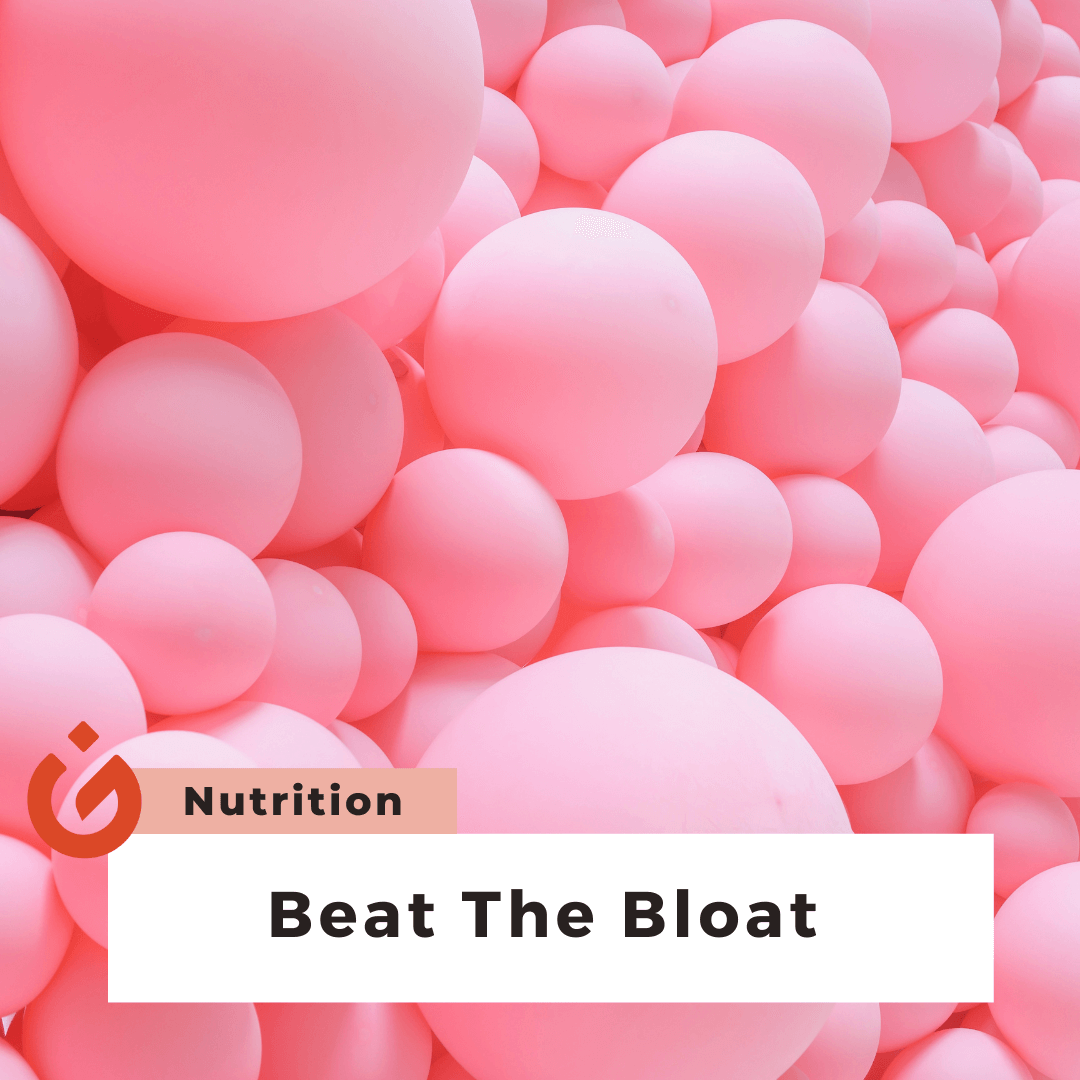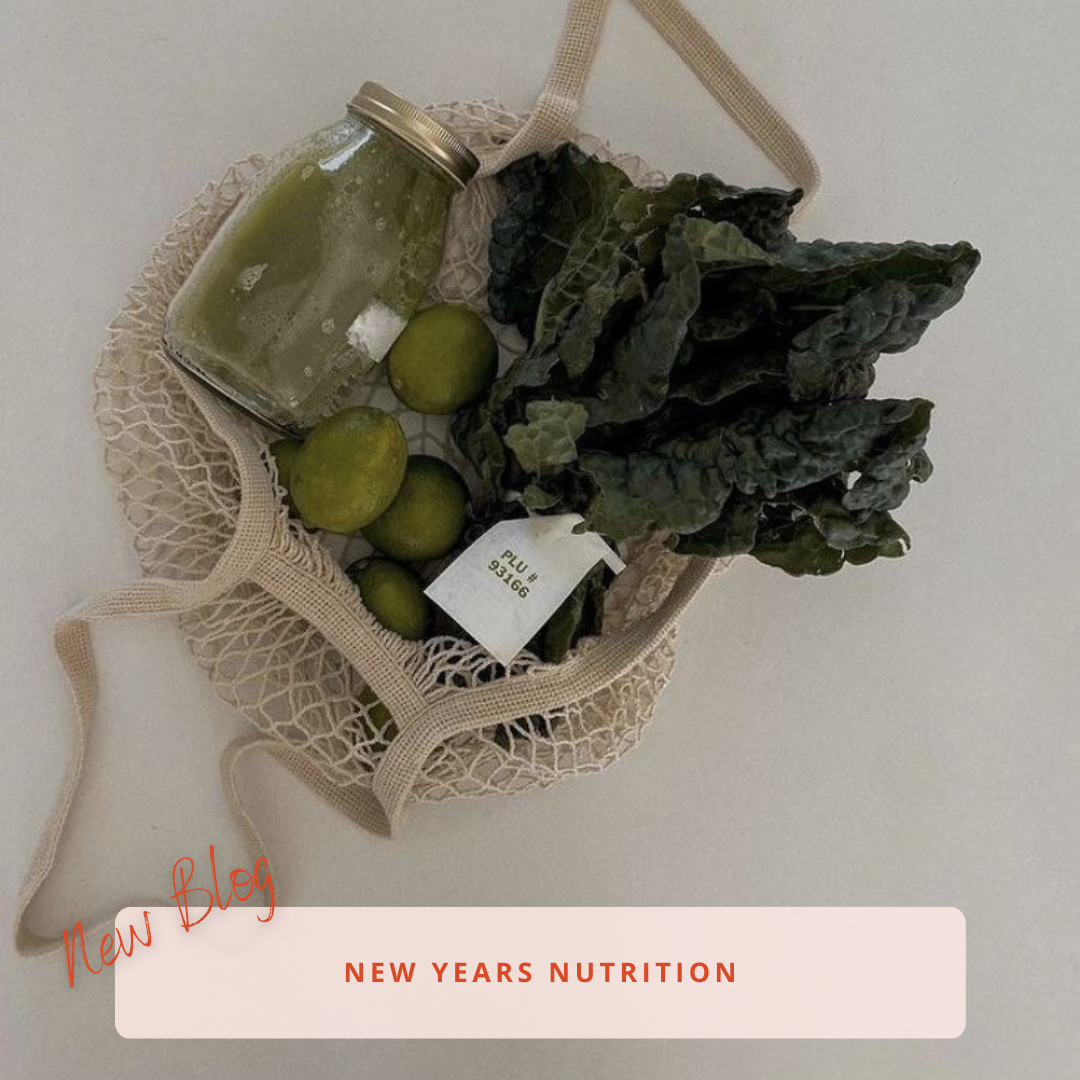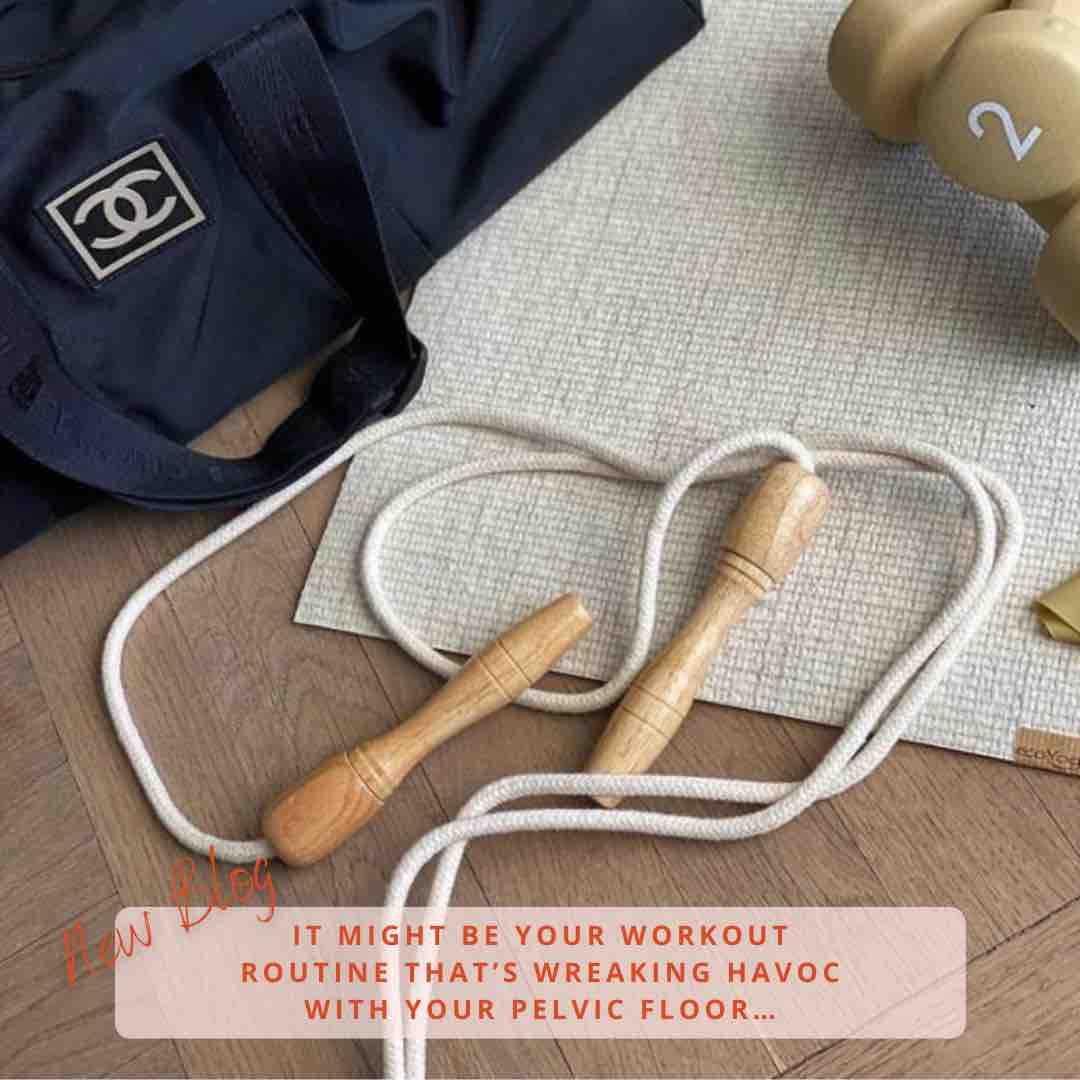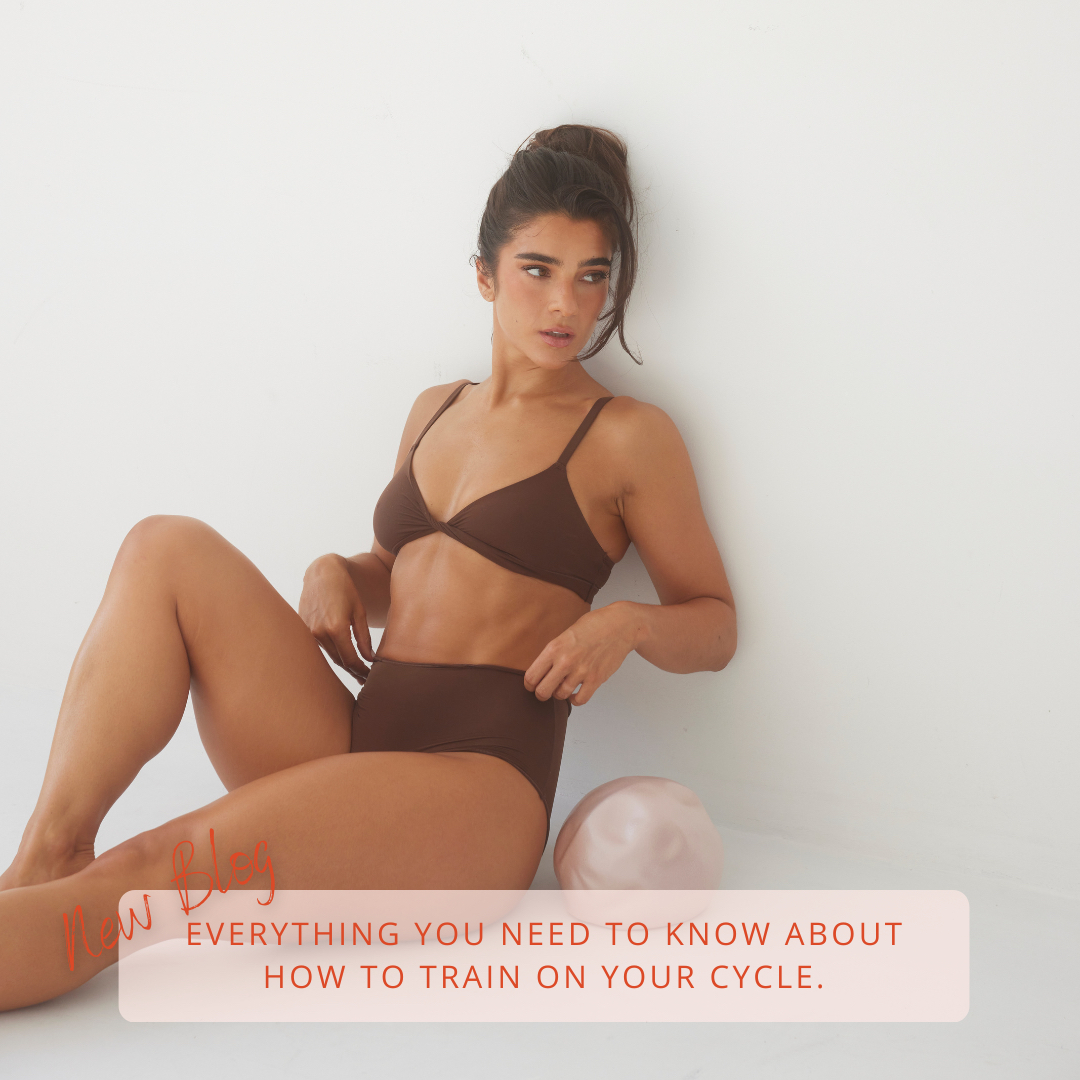
Beat the Bloat
Most of us will have experienced temporary bloating in some shape or form; after a heavy meal, during indulgent periods (such as holidays or festive periods) or, unfortunately for some, more frequently and persistently due to digestive health problems.
What is bloating?
Bloating describes the sensation associated with gas or air in our gut when our abdomen feels swollen. It makes us feel full, uncomfortable and can even be painful at times.
Why do we bloat?
In a healthy individual, even before eating (i.e. when we are fasted), our gastrointestinal tract is made up of gases. After we eat, the volume of gas can increase by as much as 65%; due to gas swallowed during eating, gases produced during digestion and by our gut bacteria in the large intestine.
- What we eat can have a big impact on bloating – eating rich, fatty meals delays the movement of these foods from the stomach into the small intestine, meaning that digestion is slowed. In some people, eating foods high in dietary fibre, such as beans or pulses, may lead to bloating due to an increase in gas production in the gut, but in others fibre can actually reduce bloating by improving digestion and reducing gut transit time.
- Intolerances to certain foods can cause bloating
- Stress and anxiety can exacerbate bloating due to the gut-brain axis, which sends communications between our brain and our gastrointestinal tract. Stress can impact and disrupt these communications.
- Hormones can also lead to bloating – in the UK 62% of women report feeling bloated more commonly than men (41%). This is likely due to female sex hormones, for example the increase in progesterone before a woman’s period can promote bloating and other digestive issues.
- How we eat is also important; eating too quickly, drinking a lot of liquids whilst eating (or consuming fizzy drinks) or eating meals that are too hot can all result in swallowing too much air which can lead to bloating.
How can we beat the bloat?
Whilst there is no ‘one size fits all’ approach to banishing the bloat there are a few tactics we can employ to help reduce or limit bloating.
- Eat mindfully & chew your food – this might seem like an obvious one but slowing down when we eat meals, chewing our food more and generally being more mindful and present when we eat can improve bloating through potentially reducing gas inhalation and improve digestion. Instead of eating a meal in 5 minutes, try to stretch it out to 20 minutes.
- Try to reduce stress where possible – identifying and addressing stress triggers and implementing steps to relieve stress (such as regular exercise or meditation) could be helpful in reducing bloating.
- Move regularly – exercising after eating can help to aid digestion and thereby improve bloating (along with it being a stress reliever). Exercise doesn’t need to be intense, going for regular walks can help to improve digestion!
- Be your own detective – if you get persistent or regular bloating then try keeping a food diary to record your symptoms help to isolate any food-related triggers. Once you do, it’s best to make an appointment with a Registered Nutritionist or Dietician before altering your diet or removing any food groups. Likewise, paying attention to your diet more generally is important – consuming alcohol and rich, fatty meals in moderation is advisable if you’re looking to reduce bloating.
Get tested – if you are experiencing persistent and even painful bloating it is important to see your GP so you can rule out any gastrointestinal disorders such as IBS (Irritable Bowel Syndrome) or get treatment and support you do have any disorders.






